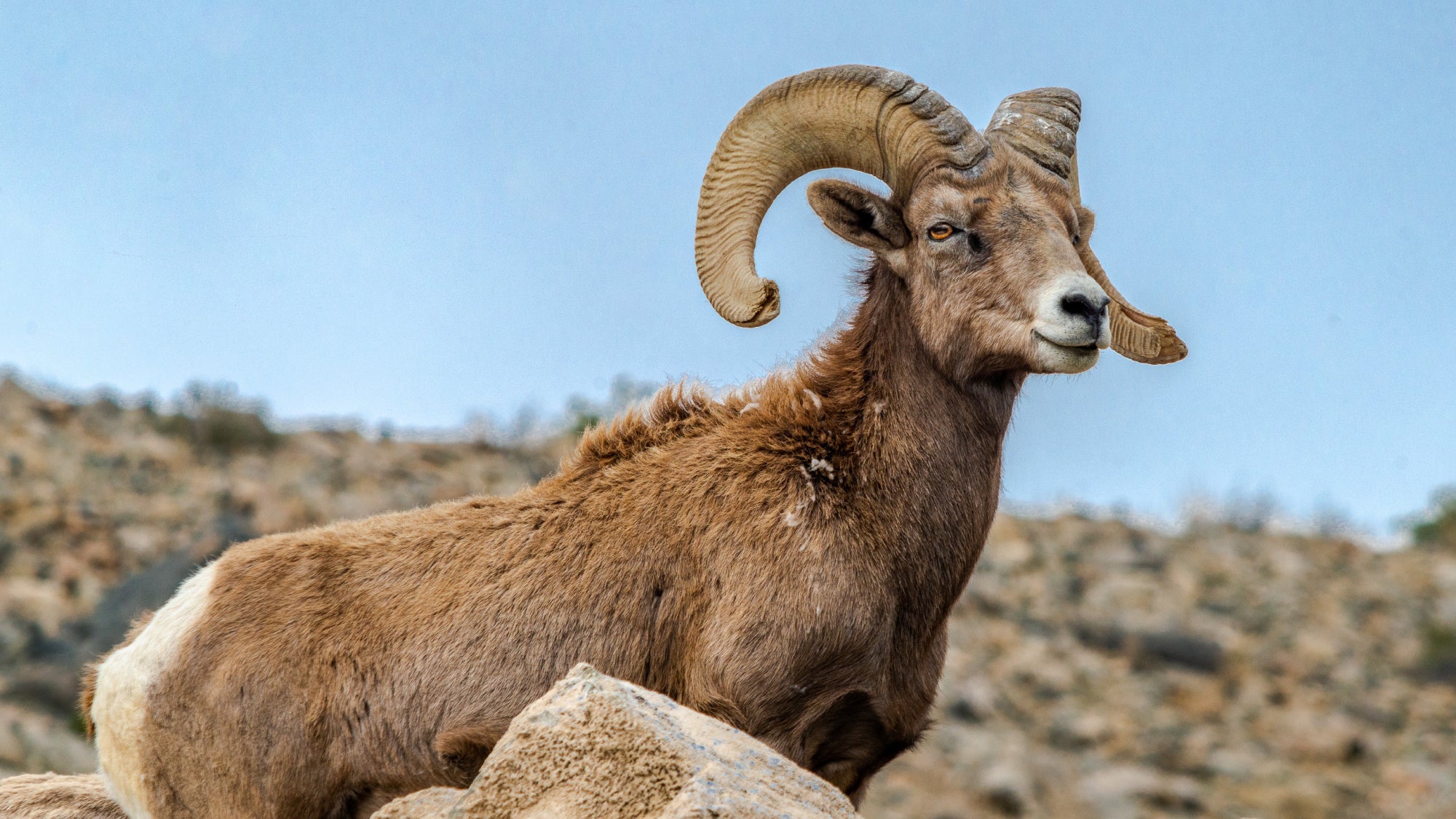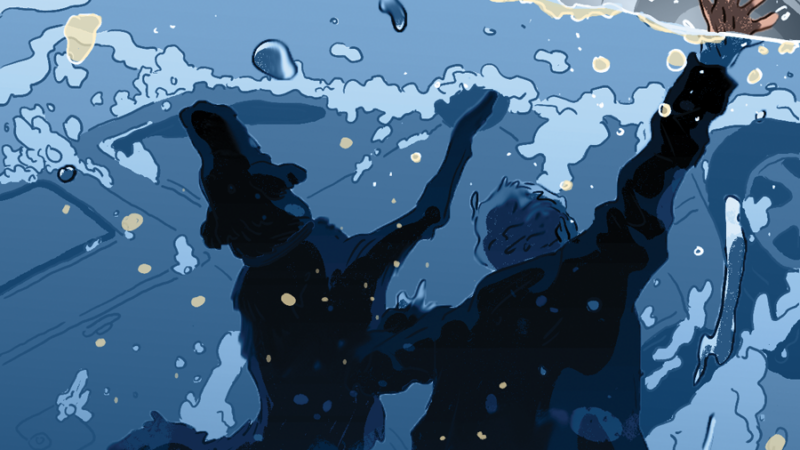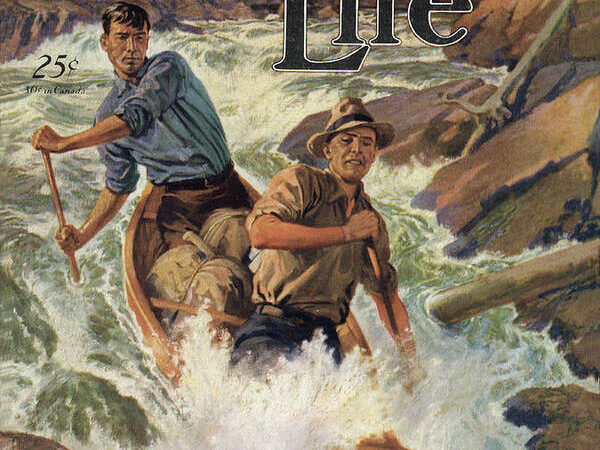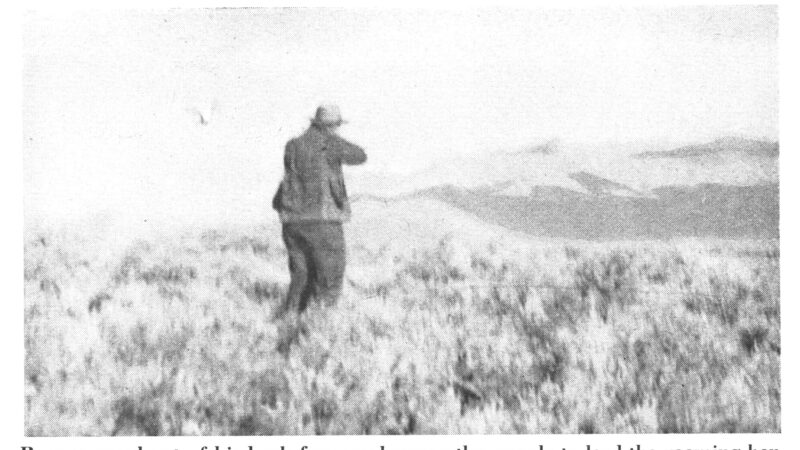Podcast: Here’s Why Hunters Need Help from Birders, Backpackers, and Dog-Walkers

You’re not going to find a more avid or thoughtful hunter than Tony Wasley. The former director of Nevada Department of Wildlife, Wasley was a field biologist in northeastern Nevada for years, and he’s one of the most respected mule deer researchers in the West.
But as Wasley has moved from the field to administrative positions, he’s recognized that hunters and anglers can’t carry our American conservation movement alone. We need help from bird-watchers, water ecologists, soccer moms, dog-walkers, bean-counters, along with your neighbor who complains about those nuisance wild turkeys and golf-course geese.
Now the president of the Wildlife Management Institute, a think-tank that combines the hard science of wildlife management with the squishy science of social beliefs, Wasley is increasingly interested in what he calls broadening the base of conservation in America.
He recites a calculus from his days in Nevada that proves his point that hunters and anglers can’t keep bluebirds in the sky and elk on the mountain all by ourselves.
“In Nevada’s Department of Wildlife, approximately 95 percent of our budget came either directly or indirectly from hunting and angling,” says Wasley, who reminds us that despite its location in the otherwise vacant Great Basin, Nevada is one of America’s most urbanized—and urbanizing—states. “On the hunting side, that revenue comes from fewer than 3 percent of Nevada citizens. But the department is responsible for managing the 900 species that call Nevada home, despite the fact that only 8 percent of those species are pursued recreationally with the idea of catching or hunting them. So the department is getting 95 percent of its money from roughly 3 percent of citizens who are paying to pursue 8 percent of our species. We need to figure out how to engage the other 97 percent of our citizens to take care of the other 92 percent of the species.”
Balancing that equation has become Wasley’s next chapter. He was one of the champions and ramrods of what was called the Relevancy Roadmap, a coordinated national effort to broaden America’s conservation foundation by engaging new and diverse audiences in wildlife conservation.
The recent discussion in the Hunt Talk Radio podcast series, presented by Randy Newberg and myself, discusses the risks and rewards of this broadened constituency. So it’s only appropriate to bring Wasley into the conversation. In the third episode of this four-part series, Newberg and I talk with Wasley about how to bring new voices and priorities into America’s wildlife conservation movement, and what we gain and what we lose when we do.
The post Podcast: Here’s Why Hunters Need Help from Birders, Backpackers, and Dog-Walkers appeared first on Outdoor Life.
Articles may contain affiliate links which enable us to share in the revenue of any purchases made.
Source: https://www.outdoorlife.com/conservation/inclusive-conservation-future-podcast/




